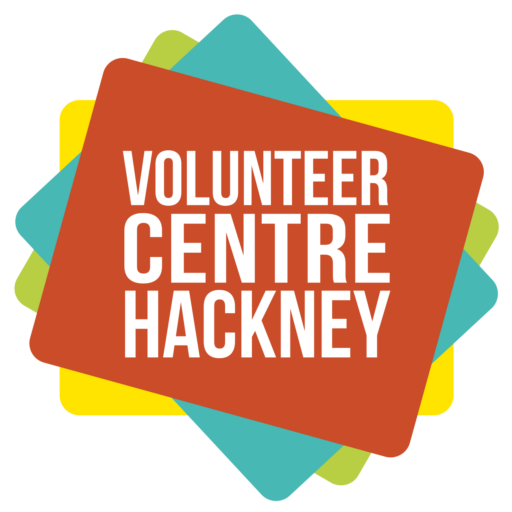We are working hard together with Hackney Council, local charities and community groups to identify volunteer roles that are needed across the borough. We will be linking volunteers with existing services and supporting individuals and organisations around training and safeguarding.
Below are some key guidelines:
Running an informal volunteer group safely
Create a series of automated questions for those requesting access to a private Facebook group for screening purposes. This could include ensuring that they live within the local area and to see what services they wish to offer or what services they require. To do this, open your Facebook Group in a browser (it won’t work via the app), and choose Manage Group, then Edit Group Settings (the button next to the Share feature). Then select the Edit Group Page option, which will allow you to set up your question.
You should also have a group Code of Conduct which sets out your core values and principles with information on procedures for those who may violate the code.
Working at a hyper-local level
Try to keep groups as local as possible. This minimises the need for unnecessary travel and will help us all to adhere to social distancing guidlines.
Sharing data and safeguarding individuals
Please familiarise yourselves with GDPR (General Data Protection Regulations) as data requires management, structure and governance.
Personal data i.e. a person’s name, address and/or telephone number is private information and by sharing it, it increases the risk of harm to that person. As most people who are isolated could be vulnerable, it is essential that this data is only shared with the minimum number of people. You can see the latest information on how to handle data from the Information Commissioners Office here.
Data should not be stored in personal documents e.g Word or Excel spreadsheets, and data sharing in groups should be kept to a minimum. At best private, data should be held by no more than two people in the group.
To keep recipents of support safe you could verify the identity of volunteers via WhatsApp video calling or Zoom.
To ensure that the recipient has been supported as intended, groups could set up a “follow up” system to check in with them.
Guidance on DBS checks
Where possible groups should identify individual members who already have a DBS. Teachers, social workers and medical professionals or people who work in particular settings such as schools, hospitals and children’s homes have DBS checks as standard practice. Anyone who works with children and vulnerable adults is likely to be DBS checked. For more information on how the DBS process is working during the Covid-19 emergency, click here, or read the factsheet related to community groups.
However if you are working at a hyper-local level, that is at street level, a DBS is not a condition for offering much needed support. Please refer to the safety guidelines above to ensure that groups collectively mitigate any safeguarding risks.
Supporting individuals in your neighbourhood
COVID-19 is and will continue to have a huge impact on some of our more vulnerable residents including those who are deemed to be “ most at risk” and have been advised to self isolate.
Please familiarise yourself with government guidance on these groups to keep them and yourselves safe and to ensure you are checking on neighbours and friends who may fall into this category. In addition:
- Do not carry out tasks if you feel unwell. If you have a high-temperature or a new, continuous cough, follow Public Health England guidelines and self-isolate. Your health and safety is important and you could be putting others at risk.
- Don’t go into anyone’s house and if you make a delivery, stay 2 metres away.
- Leave any food or goods on their doorstep, and communicate with them by phone or email.
- Wash your hands for 20 seconds or more before and after deliveries, and minimise contact with all surfaces.
- Keep a bottle of hand sanitizer with you.
- It is advisable not to exchange cash with anyone who is isolating as the WHO has stated that handling paper money carries increased risk of spreading the virus. It also carries risk of being accused of not giving the right change back.
Self Care and volunteering
- Be aware of your skills and your limitations.
- It is better to take on what you can genuinely manage than potentially have to let someone down at a later date.
- Working with people who are vulnerable can be consuming: eating well, getting enough rest and water may sound obvious but are crucial to maintaining your physical and mental wellbeing.
- You might want to watch this video on managing volunteers https://youtu.be/xKMvMASxiuk
- Mind also has some great advice on wellbeing and mental health during this time.
